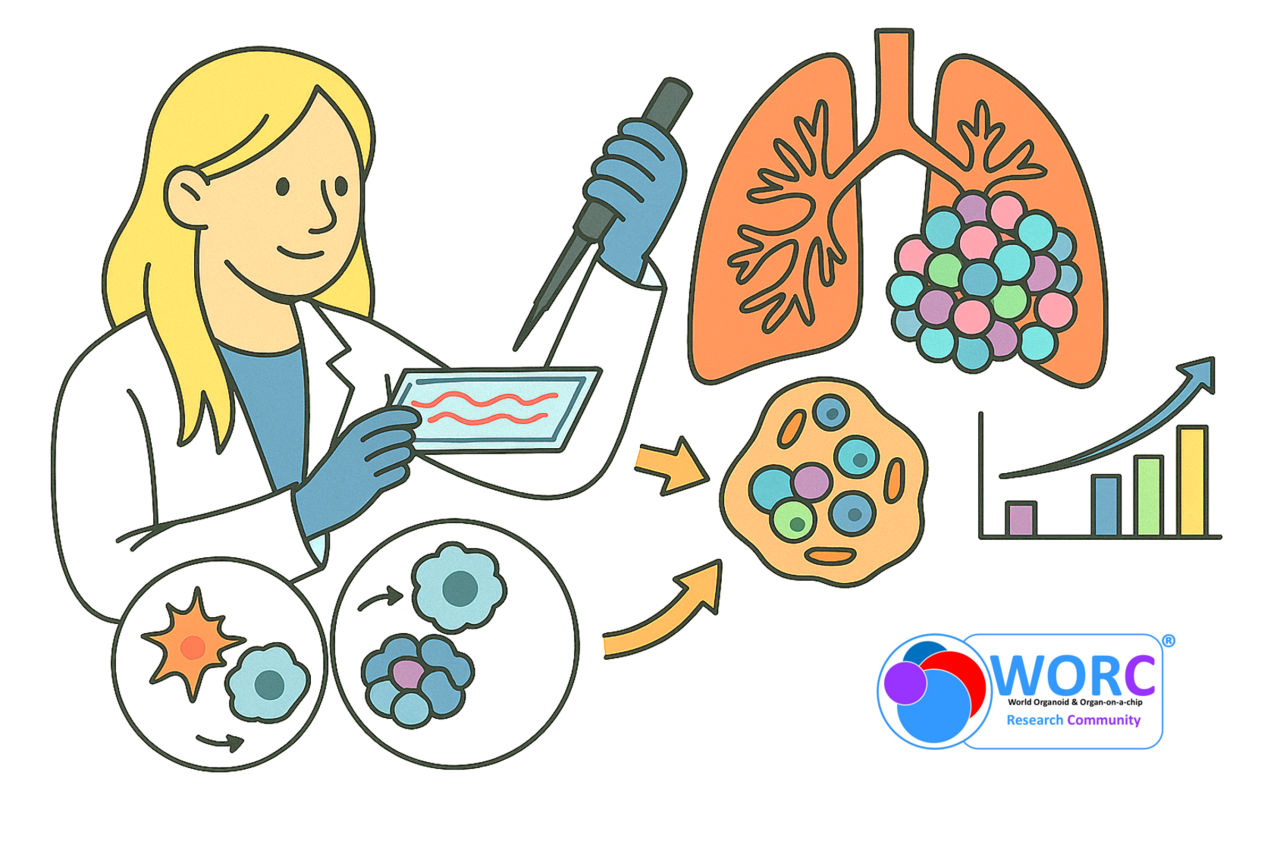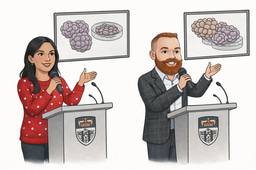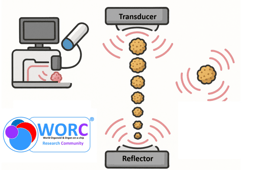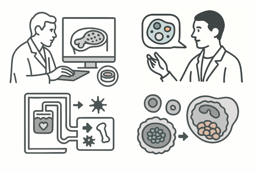🌍✨ World Cancer Research Day in 3D – Heidi M. Haikala! ✨🌍

At the forefront of cancer research, Assistant Professor Heidi M. Haikala is showing how inside every tumour lies a mosaic of cell states, and how that diversity can tip the balance between treatment success or failure. In recent studies she has helped lead, researchers have peeled back the layers inside lung cancers driven by EGFR mutations and modelled tumour–immune interactions ex vivo, revealing mechanisms of resistance, and charting potential ways to outsmart them.
In one study (https://doi.org/10.1126/sciadv.adq6830), H. M. Haikala, I. Ilonen, and colleagues created an ex vivo platform combining patients’ tumour cells with their immune cells, allowing functional testing of immunotherapies in environments that mimic what happens in the body. They show that the response to immune-based treatments is not uniform: even when two tumours carry the same mutation, differences in the tumour immune composition and cell–cell interactions can make for completely different outcomes. That means more than ever before, therapy needs to be personalized, not limited to the mutation, but to the immune-and-cellular context around it.
In parallel, H. M. Haikala, P. A. Jänne, and peers contribution to a Nature Communications study (https://doi.org/10.1038/s41467-024-55378-5) has illuminated how within EGFR-mutant lung tumours, there are sub-populations of cells that express high levels of EGFR, and others that express low levels. The EGFR-low cells survive EGFR inhibitor therapy better. These cells are more invasive, they secrete signalling molecules (like TGF-β family cytokines) that recruit fibroblasts and suppress immune function, reshaping the tumour microenvironment. But there is hope: by using epigenetic modifiers, some of these EGFR-low cells can be induced to increase EGFR expression again, opening the door for re-sensitization to targeted therapy, and offering a combination strategy to block off paths to resistance.
Heidi M. Haikala’s work pushes us toward a deeper view of what cancer really is, not simply a mass of mutated cells, but a dynamic, heterogeneous community of cells, some of which hide, adapt, and collaborate with their surroundings to evade treatment. By integrating ex vivo immune models with high-resolution mapping of expression heterogeneity, her research unites mutation, environment, and plasticity into one picture.
Do not miss what Heidi M. Haikala session on September 30th to dive deeper into her latest findings!!





Please sign in or register for FREE
If you are a registered user on WORC.Community, please sign in